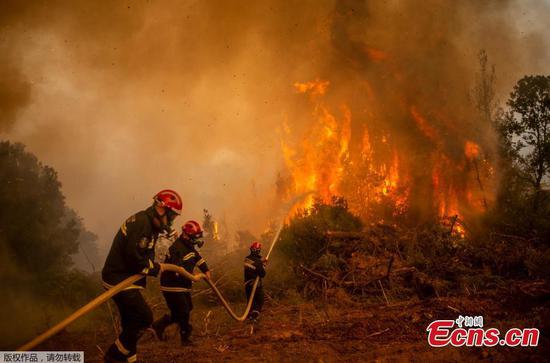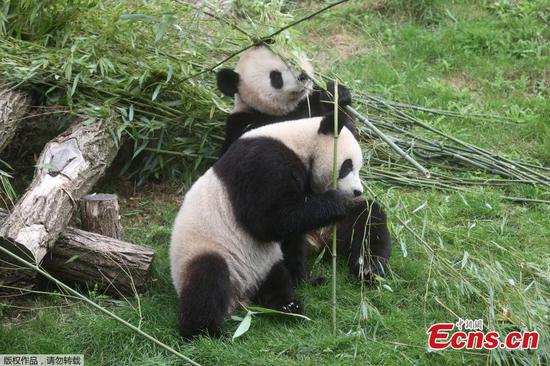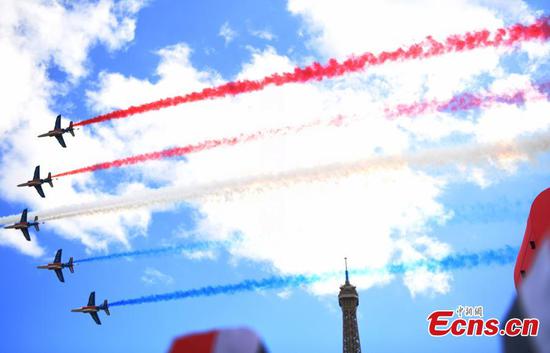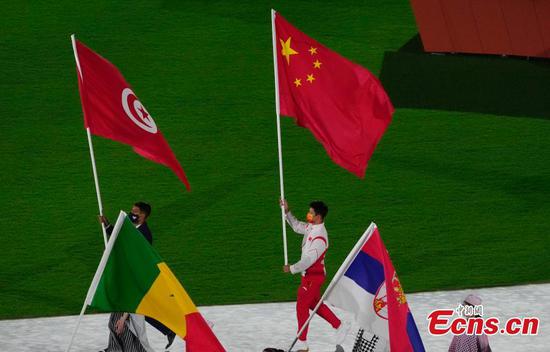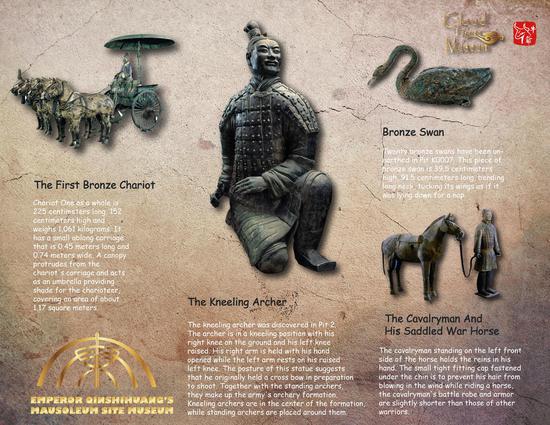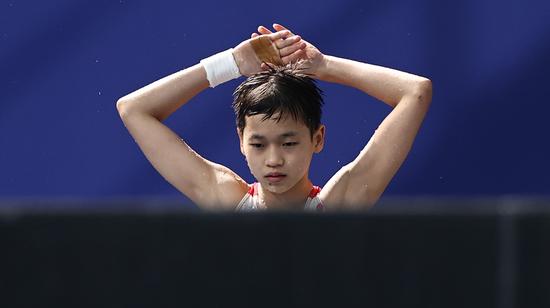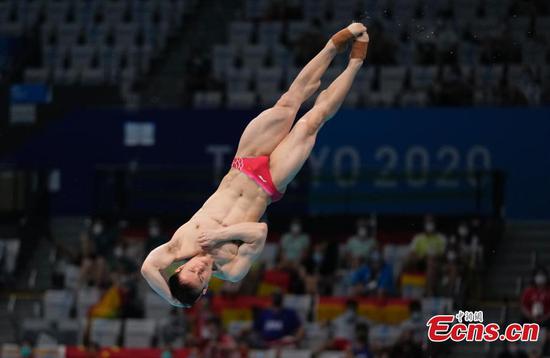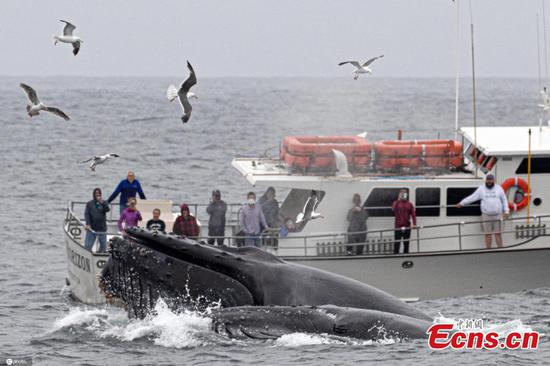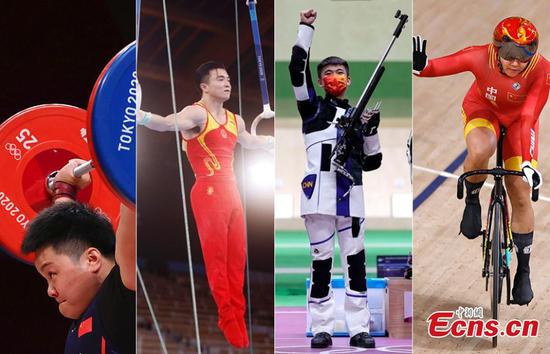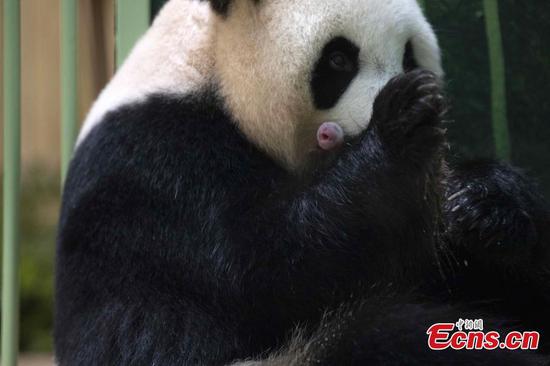The South China Sea issue has witnessed rising tensions between Beijing and Washington recently, with senior Chinese diplomats criticizing the United States' hyping of potential conflict as an attempt to destabilize the region.
Washington and a few of its allies from outside the region have proved to be the biggest drivers of tumult over the situation, as they flex their military muscles and work on alienating China from other parties, officials and experts said.
Dai Bing, charge d'affaires of China's permanent mission to the UN, said on Monday that Washington had made irresponsible remarks on the issue even though it was not qualified to speak on the South China Sea.
Dai made the comment at a UN Security Council meeting on maritime security, the same event that saw U.S. Secretary of State Antony Blinken playing up an imaginary conflict scenario.
"Conflict in the South China Sea or in any ocean would have serious global consequences for security and for commerce," Blinken said in a speech, adding that "when a state faces no consequences for ignoring these rules, it fuels greater impunity and instability everywhere".
In response, Dai noted that the U.S. has been "arbitrarily sending advanced military vessels and aircraft into the South China Sea as provocations, and publicly trying to drive a wedge between regional countries".
"This country itself has become the biggest threat to peace and stability in the South China Sea," Dai said.
Last month, the situation was stirred up when Britain's HMS Queen Elizabeth aircraft carrier strike group made its way into the South China Sea.
Blinken met with Japanese National Security Advisor Takeo Akiba in Washington on Monday, and they pledged to maintain "freedom of navigation and overflight and other lawful uses of the sea in the South China Sea and beyond", according to U.S. State Department spokesman Ned Price.
The U.S. has signed, but not ratified, the 1982 United Nations Convention on the Law of the Sea. However, Blinken invoked the convention on Monday when he warned that the maritime order "is under serious threat".
Dai responded that Washington "considers itself a judge of the convention, pointing fingers at other countries and interfering arbitrarily".
"It has no credibility on maritime issues," Dai added.
Washington's diplomats also used the Foreign Ministers' Meetings on East Asia Cooperation last week to hype potential conflicts in the region.
However, at meetings with all 10 members of the Association of Southeast Asian Nations, State Councilor and Foreign Minister Wang Yi moved to allay any concerns. "The overall situation in the South China Sea is stable" with freedom of navigation and overflight lawfully safeguarded, Wang said.
This can be attributed to the joint efforts made by China and ASEAN countries that do not allow for any downplaying and denial, Wang said.
Without directly naming the U.S. and some of its allies, Wang called outside forces "the biggest threat to peace and stability in the South China Sea", and warned them to keep their hands off the region.
Wu Shicun, president of the National Institute for South China Sea Studies, said "the U.S.' military and security activities in the South China Sea have taken place frequently in the sea recently", such as its Freedom of Navigation operations and its warplanes' close-range surveillance of China.
Behind the British impulse to flex its military muscles in the sea is the push being made by the U.S., Wu said. "Although generally peaceful at the moment, we may see some parts of it (the situation) losing control," Wu warned in a recent interview with Chinese media.
To deal with the changing situation, China and ASEAN countries should work together on trust-building and focus more on cooperation, Wu added.
Foreign Ministry spokeswoman Hua Chunying said China and ASEAN countries "share the same understanding of and aspiration for the South China Sea", and they "all expect to properly manage differences through friendly consultations and actively advance cooperation".
"The overwhelming majority of us do not welcome ill-intentioned interference by outside forces," Hua told reporters on Saturday.









